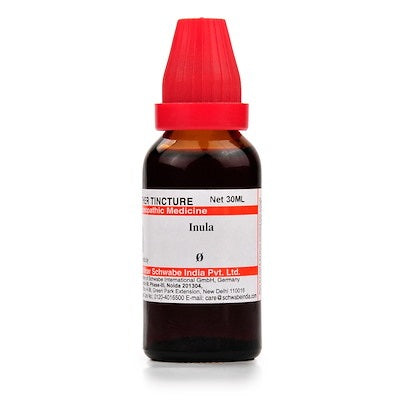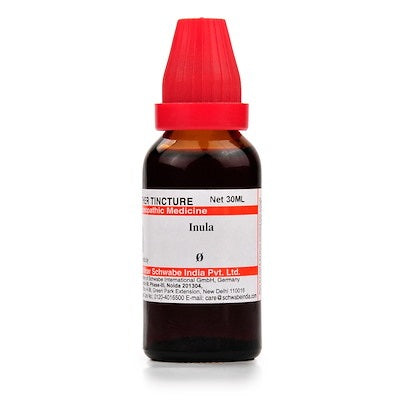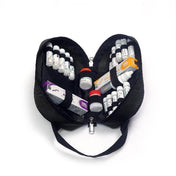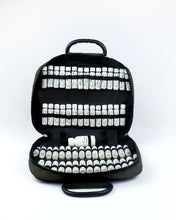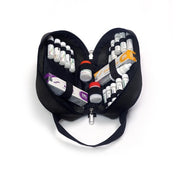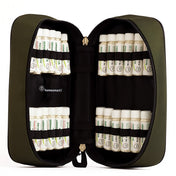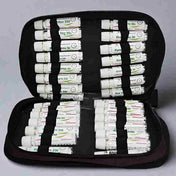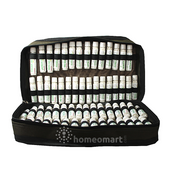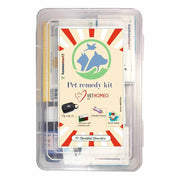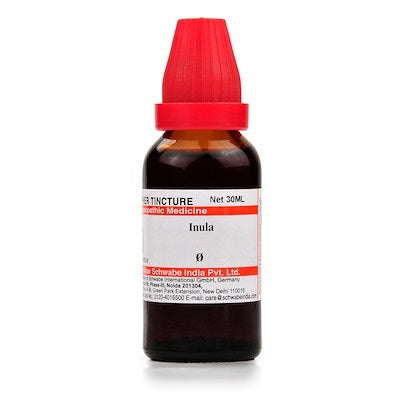Inula Homeopathy Mother Tincture Q
Inula Homeopathy Mother Tincture Q - Schwabe / 30ml is backordered and will ship as soon as it is back in stock.
Couldn't load pickup availability
Description
Description
About Inula Homeopathic Mother Tincture Q
Inula, also known as Inula Helenium or Elecampane, originates from a perennial herb found in Europe and Asia. Also Known As Inula is commonly known as Elecampane. In homeopathy, the root of this plant, renowned for its medicinal properties, is utilized. It's a well-regarded herb in traditional medicine, valued for its roots that contain several beneficial compounds.
Clinical Indications: Inula is primarily recommended for respiratory issues, including bronchitis, coughs, and certain cases of asthma. Its expectorant properties aid in addressing congested coughs and facilitating the expulsion of mucus from the lungs and bronchial tubes.
Health Benefits:
- Respiratory Support: It supports the respiratory system by acting as an expectorant, aiding in clearing mucus from the lungs.
- Digestive Aid: Inula assists in digestion and can be beneficial for gastrointestinal disturbances.
- Antimicrobial Properties: It possesses antimicrobial properties, which make it effective against certain bacteria and fungi.
Inula Homeopathic as per Homeopathic Materia Medica
In homeopathic materia medica, Inula is acknowledged for its efficacy in treating deep-seated bronchial and lung issues, particularly when there's a significant accumulation of mucus. It's also recognized for its capacity to stimulate the digestive system and enhance the overall vitality of the body.
Patient Profile of Inula:
Dosage:
The dosage of Inula typically ranges from the first to third potency. However, the exact dosage can vary depending on the patient's individual characteristics, age, lifestyle, and the specific condition being treated. Different physicians may prescribe different dosages based on their assessment. In some cases, the medicine may be taken in regular doses, such as 4-5 drops 2-3 times a day, while in others, it may be administered less frequently, even once a week, month, or longer. It's essential to follow the physician's advice regarding dosage and not self-treat.

